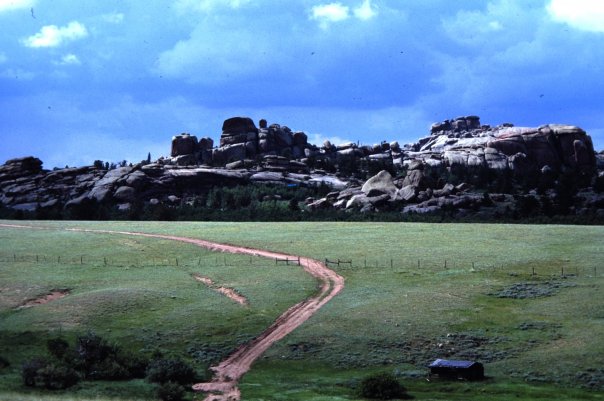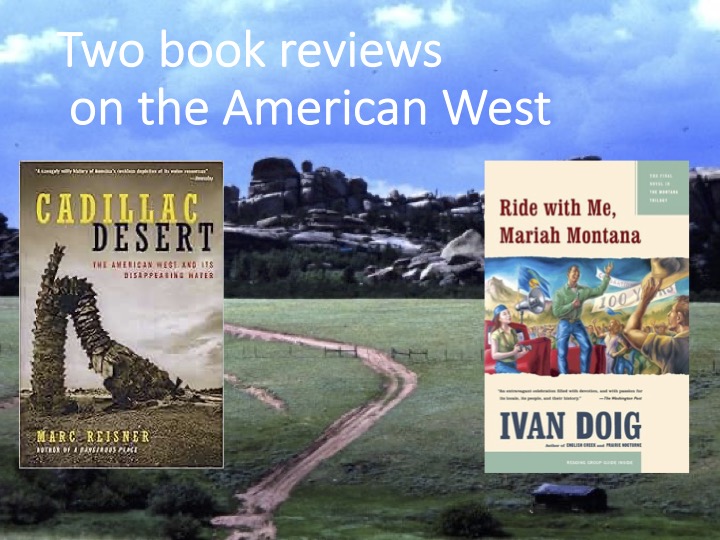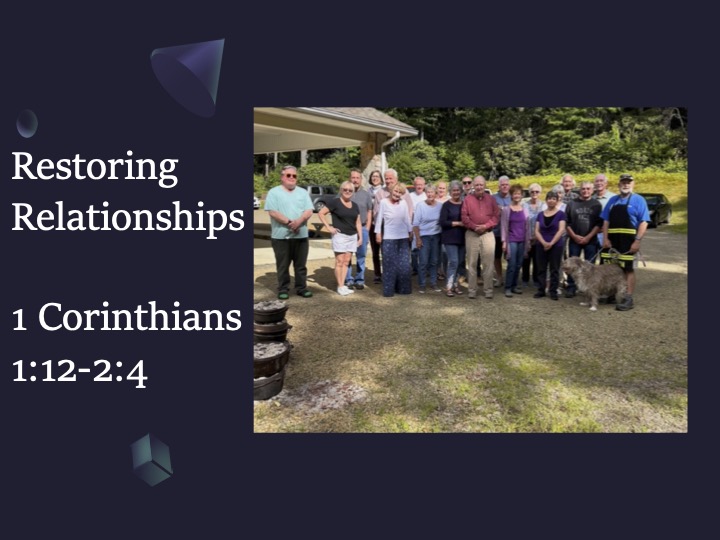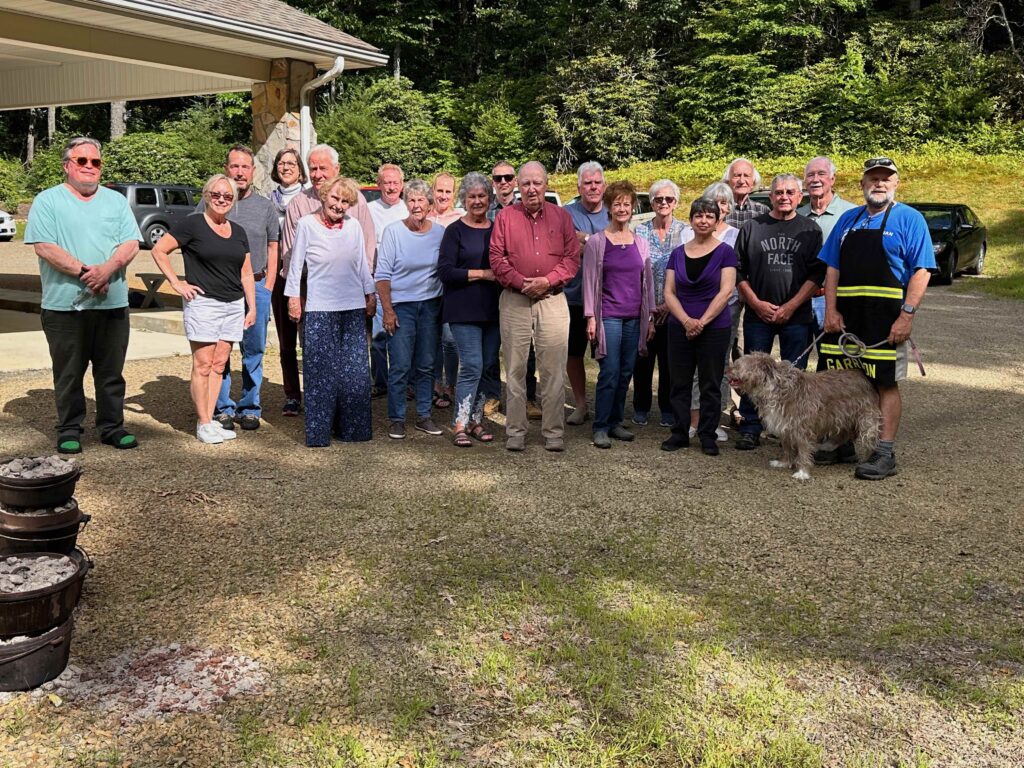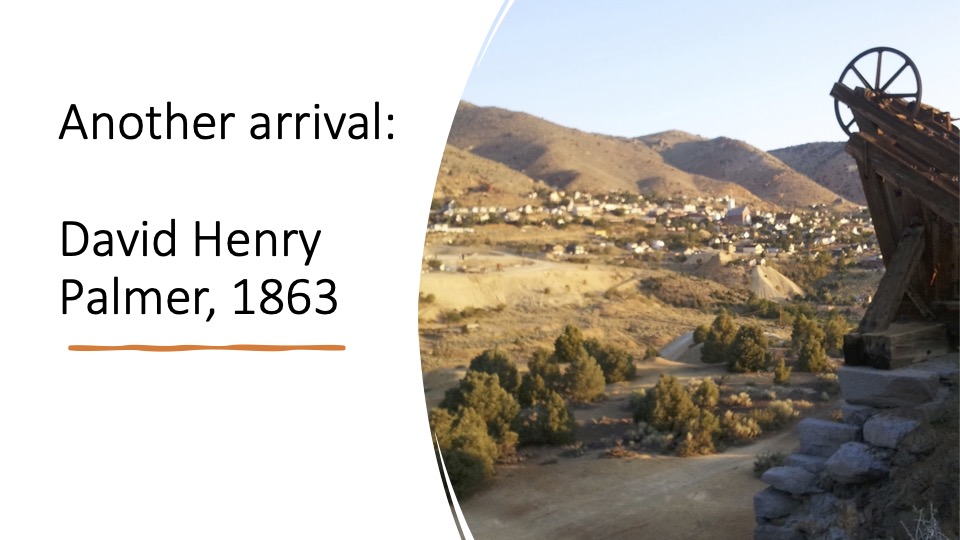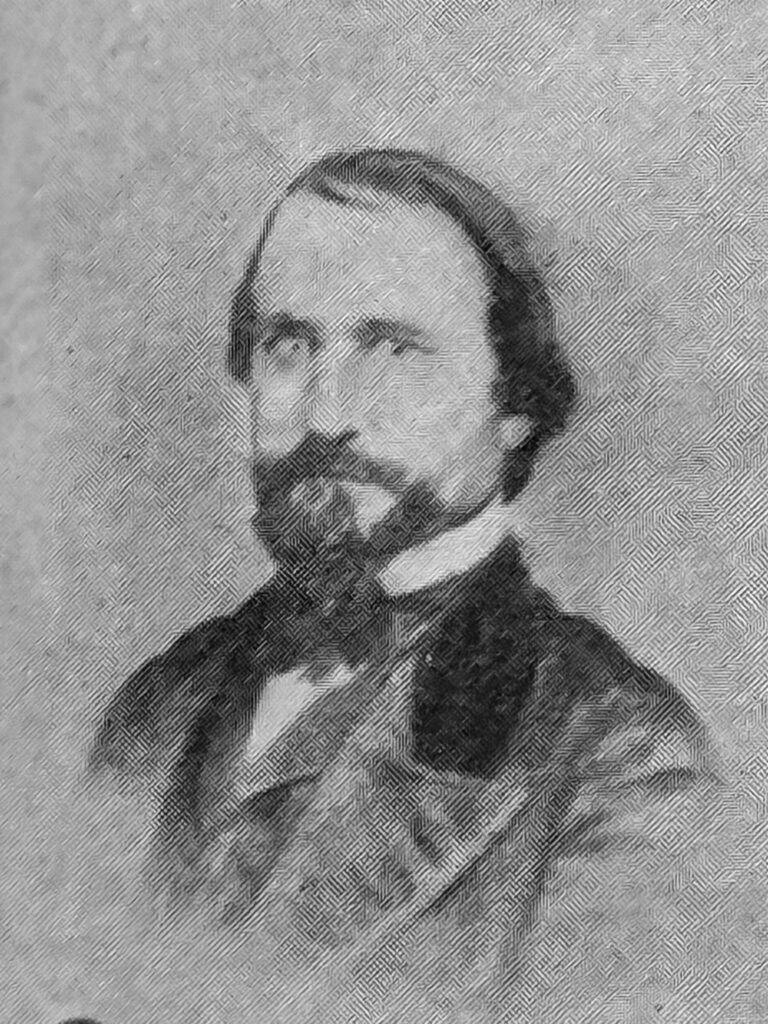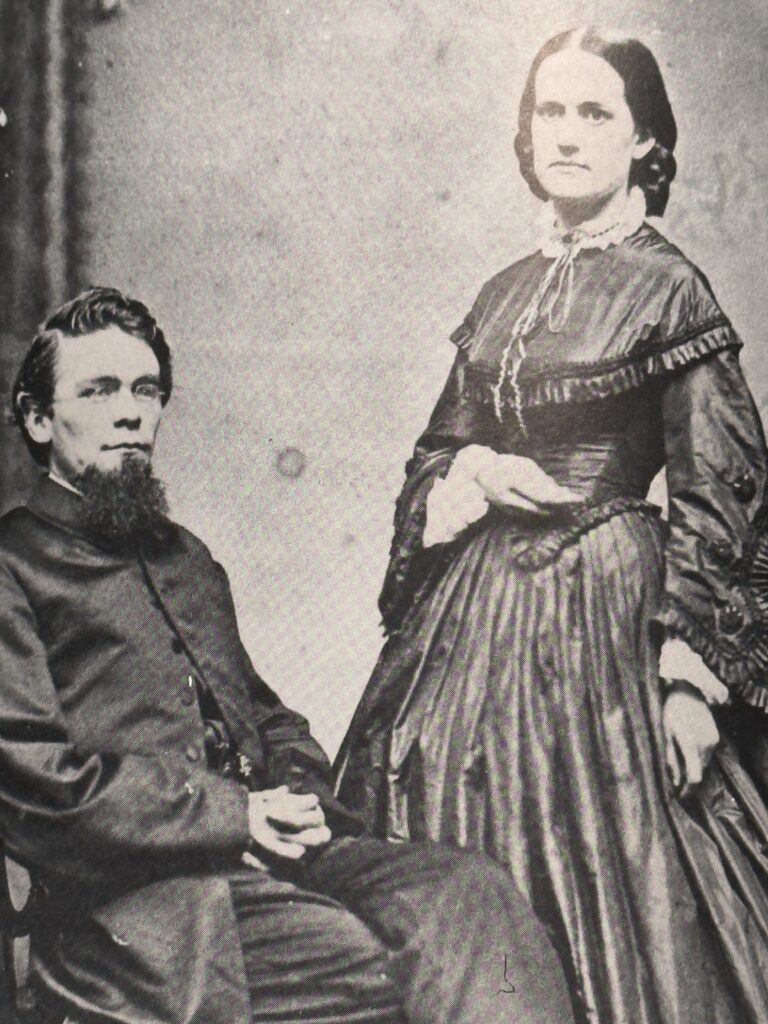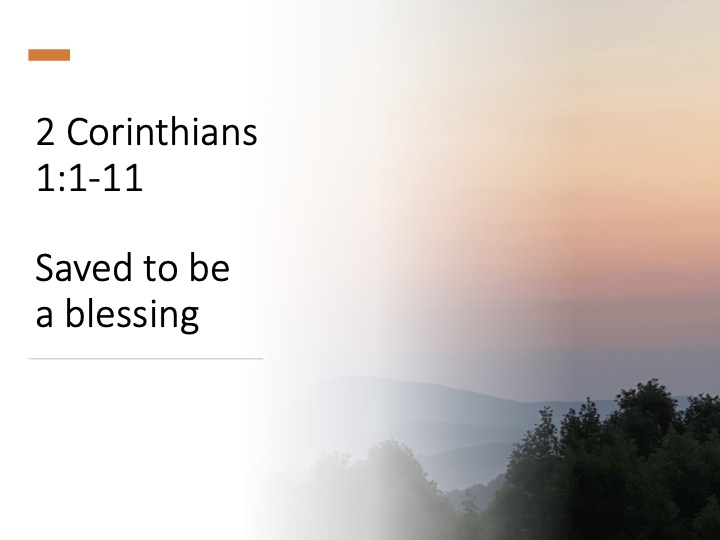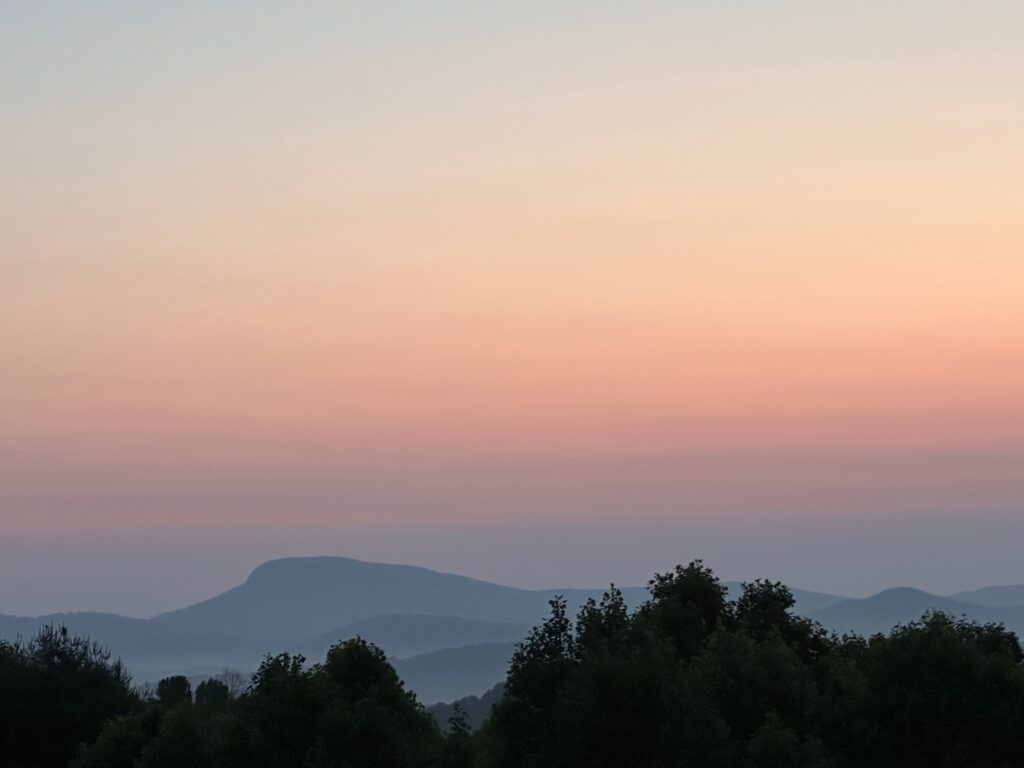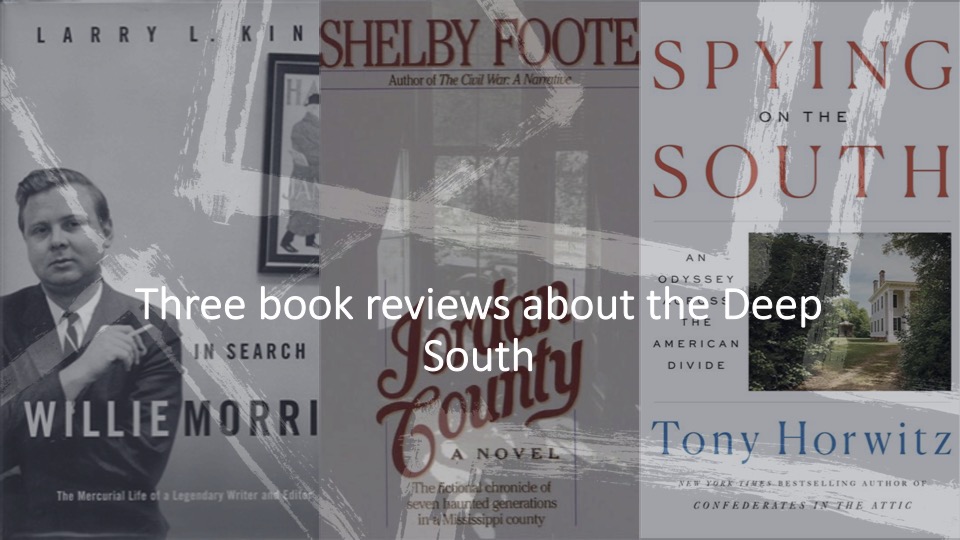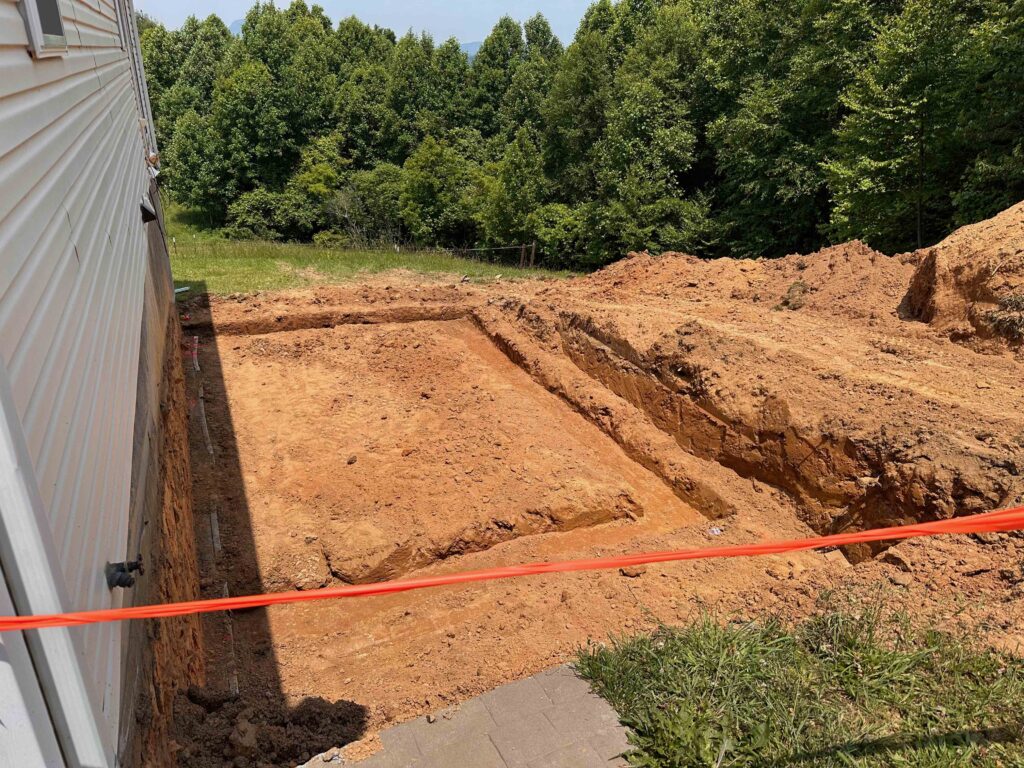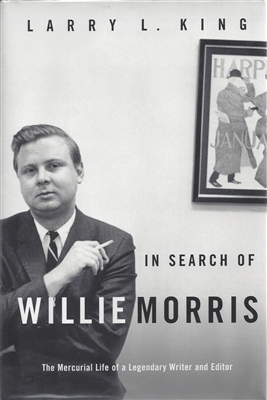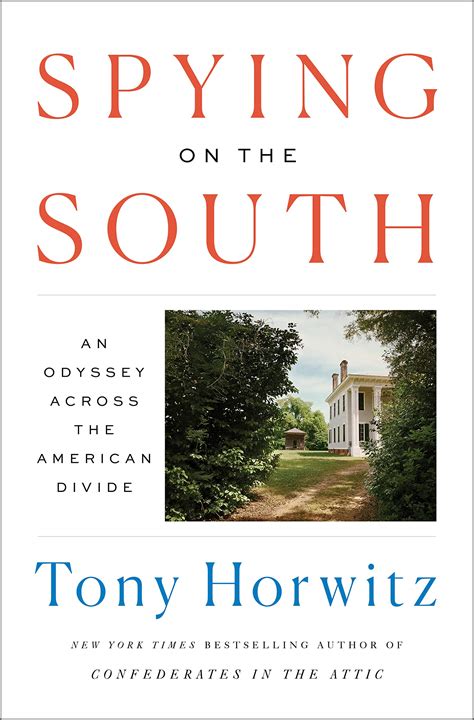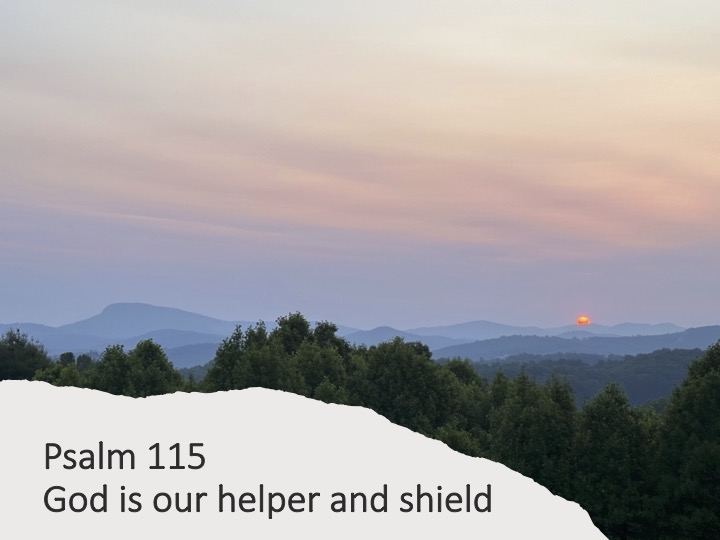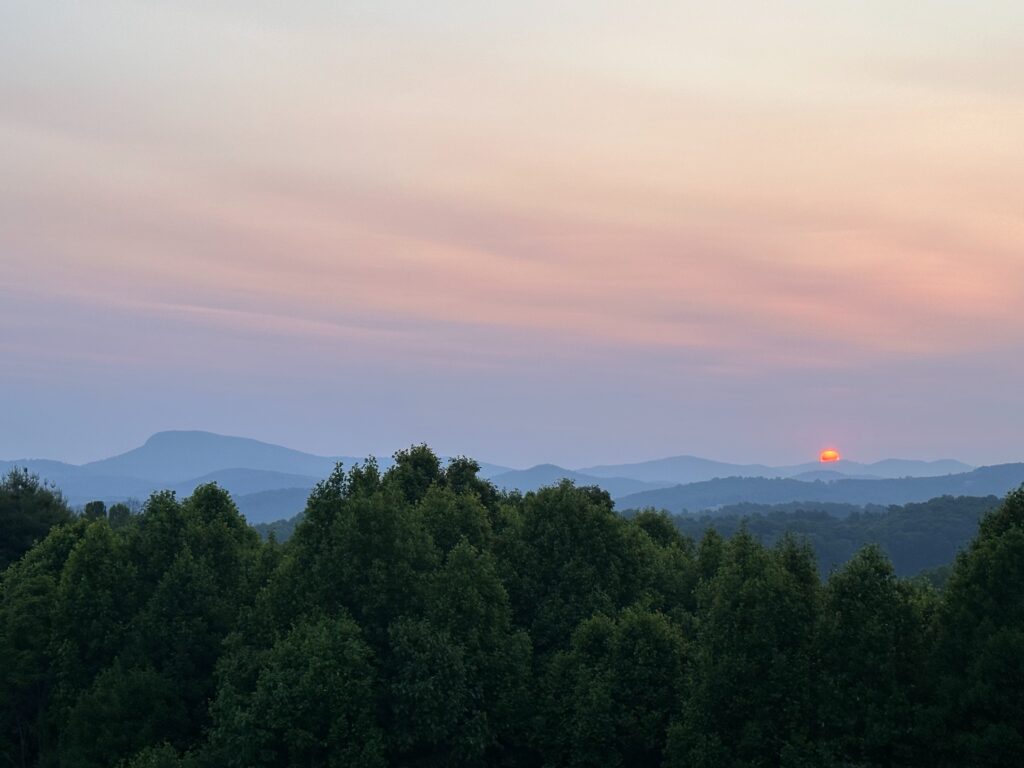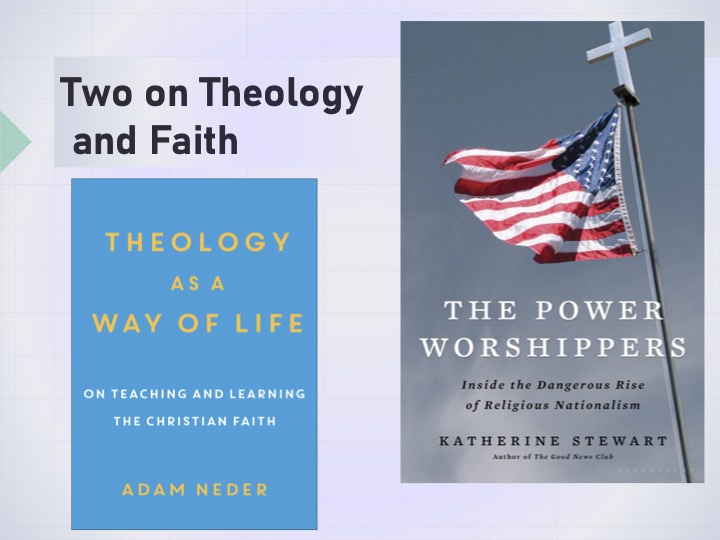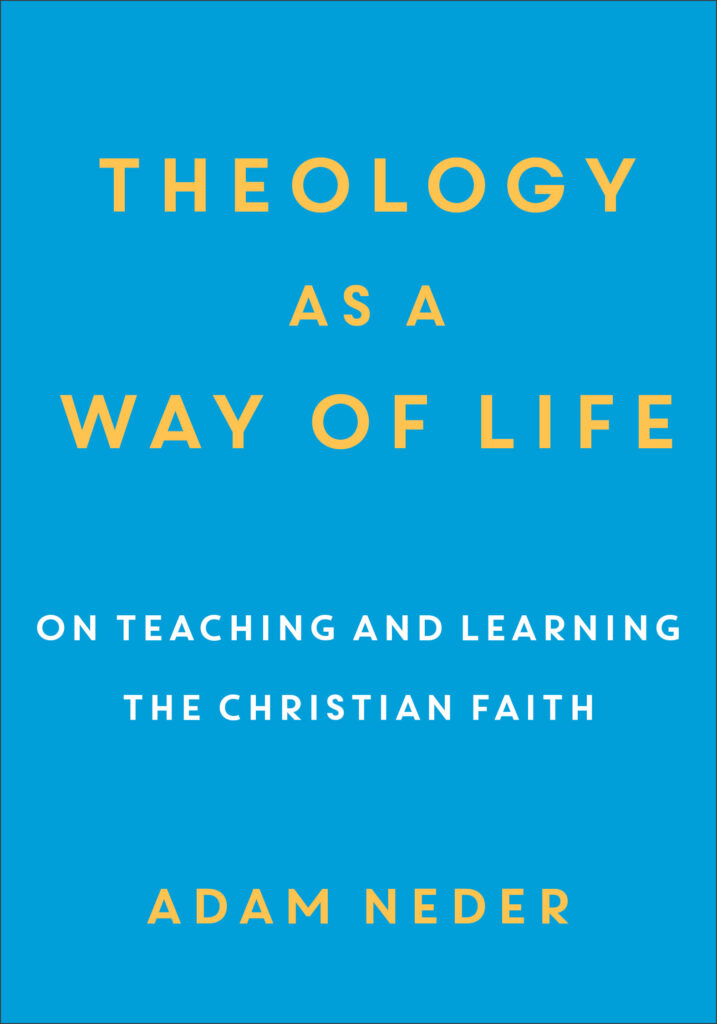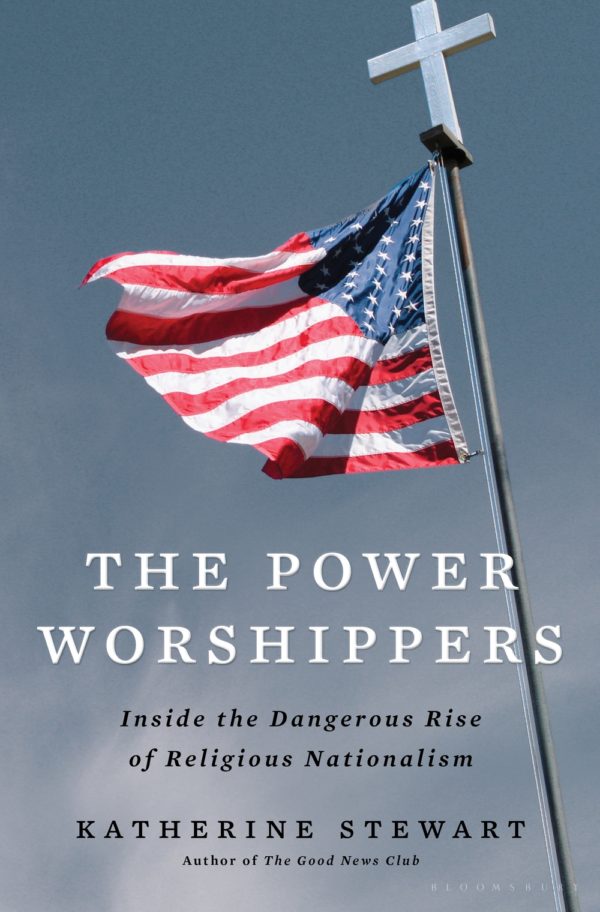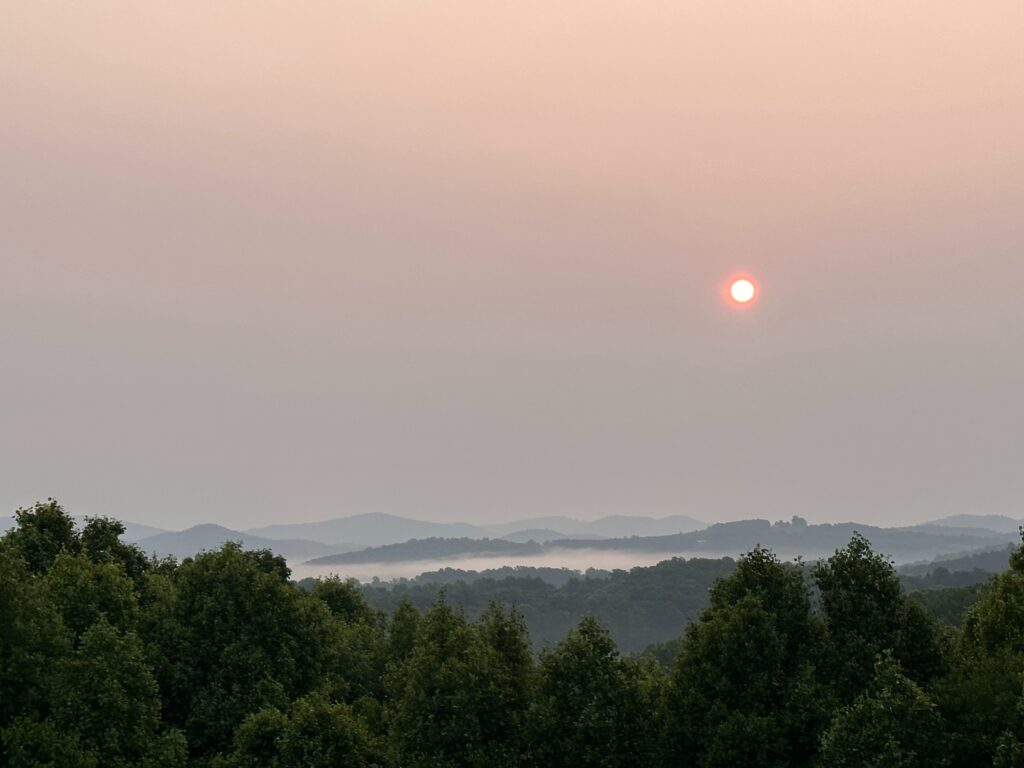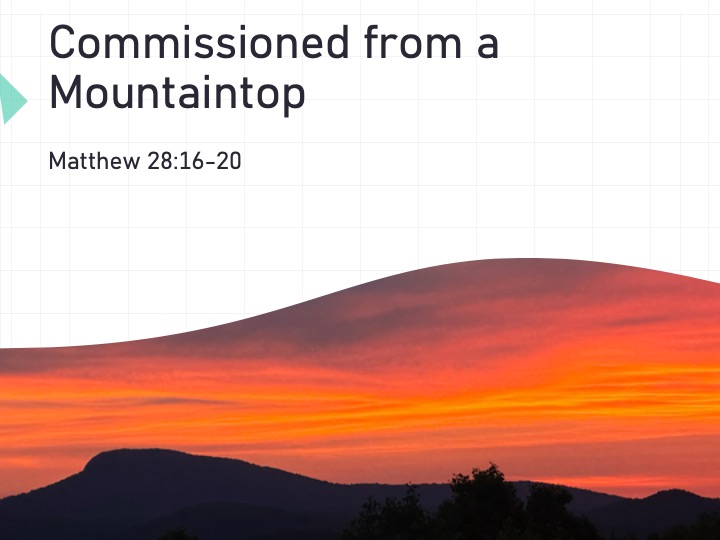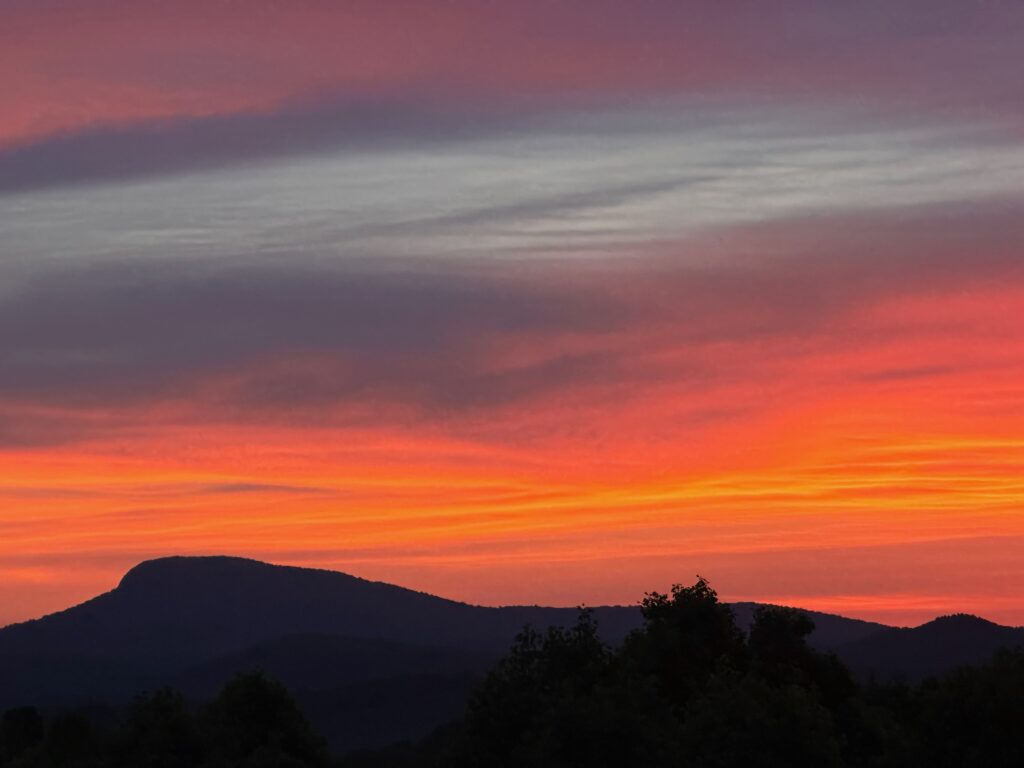Ivan Doig, Ride with Me, Mariah Montana

narrated by Scott Sowers, (1990, audible release 2014), 14 hours and 18 minutes.
It’s 1989. Montana is coming up on its Centennial celebration and newly widower Jick McCaskill drives a newspaper photographer and writer around the state in search of stories in his Winnebago. The photographer is his daughter, Mariah. The reporter is her ex-husband, Riley. Jick doesn’t care for Riley ever since the couple’s split. He’d hoped the two of them would take over his sheep ranch.
The three set off on their journey with Jick as the narrator. They mostly seek out small towns where they strive to learn more about their home state. Jick realizes change is coming, but he doesn’t like it. Pressured to sell out his sheep ranch to a large cattle operation (who wants to maximize the livestock on it), while coming to terms with his wife’s death, and attempting to keep his daughter from falling in love again with Riley, Jick begins the story as a bitter soul. Yet, even in his bitterness, there’s lots of humor mixed into his storytelling. But he softens and as the story continues, he (and we) learns more of his history. This is especially true after Riley’s mother joins them for part of the trip. The story ends on the day of the Centennial celebration in November with some surprises.
In this novel, the reader gets to meet many interesting characters along with gaining insight into the state’s history. Jick’s background is Scottish and Swedish, and I couldn’t help but think of two other Swedish sheepherders I knew in Utah, Roy and Eddie. As I lived in Utah during that state’s Centennial, I was curious as how he used that celebration to tell this story. While much of the story is about loss, there is also hope in it for the future. I recommend this book and now look forward to listening to the first two books in this trilogy (English Creek and Dancing at the Rascal Fair).
This is my fourth book by Doig. Twenty-some years ago, when I lived in Utah, I read two of his non-fiction works (House of Sky and Heart Earth). Earlier this year, I listened to and reviewed, A Bartender’s Tale.
Marc Reisner, Cadillac Desert: The American West and its Disappearing Water
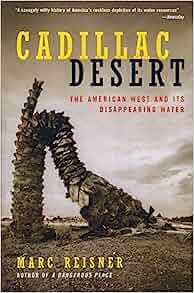
revised edition (1986, New York: Viking/Penguin, 1993), 582 pages including notes and index. Also, two collections of photographs. Audible: 27 hours and 58 minutes.
I read parts of the original book back in the early 1990s when I was living in Utah. There, the problems of water were real. This time, I mostly listened to the book and was caught up in the story Reisner tells.
The book begins with a brief historic account of Western exploration and migration in the 19th century, especially focusing on the survey of the Colorado River by John Wesley Powell. Reisner also reminds his readers that there were other civilizations there before the coming on European-Americans. For some unknown reason, these civilizations collapsed before European migration, probably because of a change in weather patterns. He also frequently reminds the reader that all desert civilizations in human history have collapsed with one exception, Egypt. Of course, the Aswan Dam may change this. While the country had 3000 years of life without a dam, Aswan ended the annual flood that brought new soil and enough water to grow crops. In addition, irrigating without fresh soil causes salts to build up in the soil. Sooner or later, the soil wears out.
Much of the first part of the book focuses on the growth of Los Angeles and their taking water from the Owens Valley. From there, Reisner speaks of many other water projects in the West. From the Mormons who irrigated on a small scale and brought agriculture to the great basin to the big projects during the Depression that provided (temporarily) a surplus of water and electrical power for the West. The power these dams produced help fuel a growth in industry that was especially helpful during World War 2.
In addition to building the dams and providing water and electricity, he acknowledges the problems. Backing up water floods places where people live. They must be moved. The larger dams (like Grand Coulee), block migrating salmon and have destroyed commercial fishing operations. I didn’t realize how valuable canned salmon was, but it was the cheapest meat available during the Depression. The safety of dams is another issue. Reisner goes into detail about the breach of the Teton Dam in Idaho. On rivers like the Colorado which carries a lot of silt, dams trap it, reducing the availability of electrical power and the amount of water available. Finally, using irrigated water also has a long-term detrimental impact on the land as salts build up in the soil.
Reisner captures the battle that existed between the Bureau of Reclamation and the Army Corp of Engineers. Both were vying to build more dams in the West, often for different purposes. Bureau of Reclamation looked to irrigation while the Corp of Engineers were more interested in flood control and navigation. Both had questionable ways of making a project look economic feasible as they tried to justify their projects, such as using the electricity produced to offset the cost of irrigation water. As Reisner shows, the economics of most dam projects didn’t make sense. After all, some of the crops grown with subsidized water were the same crops the Department of Agriculture were paying farmers not to grow in the East and Midwest.
The politics behind water projects are terrible (as is the economics). With everyone wanting a piece of the pie, strange alliances form and no one questions the value or the wisdom behind the projects. I came away thinking that Eisenhower might have been the last true fiscally conservative President, as he questioned many of the projects. Carter was another who tried. stop a lot of projects that didn’t make economic sense. Reisner suggests that because of the way he attempted to stop them, it doomed his Presidency long before the Iranian hostage crisis. In the end, Carter’s hit list was narrowed, and many moved forward under Reagan.
This is a book that needs to be read by more voters and concern citizens. More people need to understand the short-sightedness of many of these boondoggle projects. Unfortunately, it’s a long book that will overwhelm many people.
